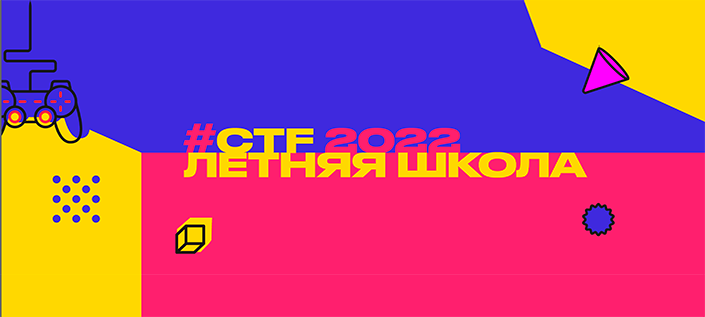
The Indian pharmaceutical company Zydus Lifesciences has filed a formal request to the ICANN Board for a review of the decision rendered at the end of June by the arbitration of the World Intellectual Property Organization (WIPO). Zydus Lifesciences is a large organization (its turnover was about $2 billion last year) that specializes mainly in the production of so-called generic drugs - medicines that are chemically identical to patented drugs that can be produced by third parties after the patent protecting them expires. Last year, the company further strengthened its position when the Indian authorities granted Zydus Lifesciences permission to produce a vaccine against the coronavirus COVID-19.
The company claimed the domain name ZYDUS.COM, the identity of the administrator of which remains unknown: he uses the services of the Jewella Privacy service, which ensures the anonymity of registrants. The Indian company first started using the name Zydus in 1995, while the domain was registered in 2004. However, in filing a complaint under the Uniform Domain Dispute Resolution Policy (UDRP), Zydus Lifesciences did not provide conclusive evidence that the registrant could have known about the existence of an Indian companies. Also, there was no evidence that the domain was registered or used to the detriment of the interests of this company.
In the end, a jury of three WIPO arbitrators not only dismissed the complaint, but also found the plaintiff guilty of attempted reverse domain name hijacking. Now the Indian company is demanding that the ICANN management reverse this decision as unfair. She operates mainly with political arguments, arguing that the decision is the result of traditional bias against developing countries. Domain Incite, reporting the news, notes that this is only the second time in history that a UDRP decision has been challenged through the ICANN corporate board. The first ended in failure, and it is likely that now the outcome will be the same. However, Zydus Lifesciences will still have at least two options: the first is to try to challenge WIPO's decision through the courts, and the second is to buy a domain for an amount that suits the registrant. Most likely, a company with a turnover of two billion dollars can afford such a luxury.




